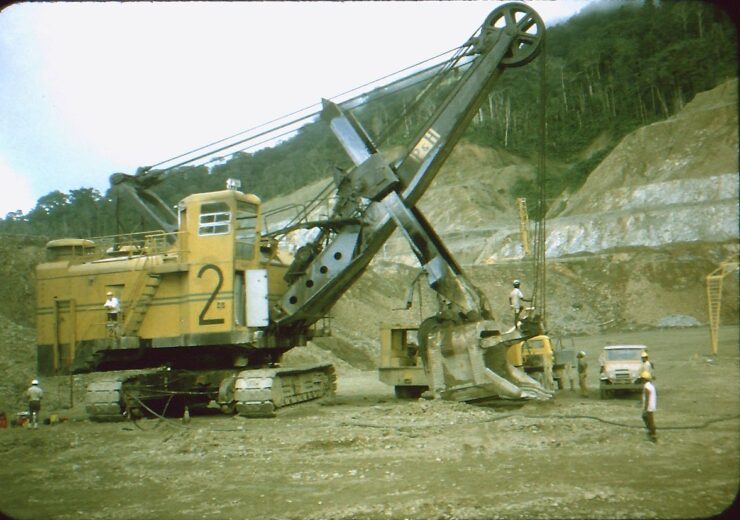This follows several months of constructive discussions facilitated by the Australian OECD National Contact Point

Rio Tinto and Bougainville community residents reach agreement to assess legacy impacts of Panguna mine. (Credit: Robert Owen Winkler/Wikipedia.org)
Rio Tinto and Bougainville community members, represented by the Human Rights Law Centre, have reached an agreement to identify and assess legacy impacts of the former Panguna copper mine in Bougainville. This follows several months of constructive discussions facilitated by the Australian OECD National Contact Point (AusNCP).
A joint committee of stakeholders will be formed to oversee a detailed independent assessment of the Panguna mine to identify and better understand actual and potential environmental and human rights impacts of the mine which ceased operating in 1989.
The Panguna Mine Legacy Impact Assessment Committee will be established by the Autonomous Bougainville Government (ABG) and the parties to the AusNCP process, Rio Tinto, the HRLC and the community members the HRLC represents. It will be chaired by an independent facilitator with representatives invited to join the Committee from the Independent State of Papua New Guinea (PNG), ASX-listed Bougainville Copper Limited (BCL), as well as other landowners and community representatives.
Rio Tinto chief executive Jakob Stausholm said, “This is an important first step towards engaging with those impacted by the legacy of the Panguna mine. It comes after months of constructive engagement with the HRLC and the community members they represent facilitated by the Australian National Contact Point, as well as engagement with other key stakeholders including the Autonomous Bougainville Government.
“Operations at Panguna ceased in 1989 and we’ve not had access to the mine since that time. Stakeholders have raised concerns about impacts to water, land and health and this process will provide all parties with a clearer understanding of these important matters, so that together we can consider the right way forward. We take this seriously and are committed to identifying and assessing any involvement we may have had in adverse impacts in line with our external human rights and environmental commitments and internal policies and standards.”
The scope of the Impact Assessment, along with terms of reference for the Committee, have been drafted by the parties to the AusNCP process. The Impact Assessment will be predominantly funded by Rio Tinto with BCL contributing separately, provided that broader stakeholders on the Committee endorse the process and proposed methodology of the Impact Assessment, the Impact Assessment can be safely completed and an appropriate funding mechanism can be agreed. The ABG has confirmed its support for the process.
The Committee will appoint a chairperson and an independent third-party company (or consortium) to complete the Impact Assessment with strong environmental and human rights expertise as well as both global and regional experience.
Following the Impact Assessment, Rio Tinto and the other parties to the AusNCP process will discuss the recommendations from the Impact Assessment and the remaining commitments sought by the communities.
Source: Company Press Release
